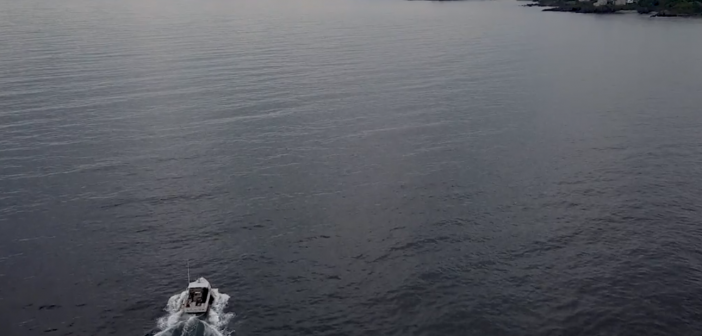Here’s a dramatic video-story from The Washington Post about how the warming waters in the Gulf of Maine are changing people’s lives and disrupting economies there, for better or worse.
The Continental U.S. is 1.8 degrees F warmer now than it was a century ago; seas on the coasts are nine inches higher. Water in the Gulf of Maine is warming faster than water in 99 percent of the world’s oceans, changing patterns of marine life, particularly for lobster fisheries, and upsetting a way of life that many families enjoyed for generations. “There’s no doubt things are changing,” one lobsterman told The Post.
In Little Compton, Rhode Island, Greg Mataronas’s family has been making a living catching lobsters since 1963. But warmer water along the coast has driven the lobsters north. The state’s lobster haul peaked at over 8 million pounds in 1999; it barely reached 2 million in 2017.
For Rhode Island’s lobsterman, a way of life is ending. With fewer lobsters to catch, Mataronas is shifting to other species, including whelk and sea bass, to make a living. But he thinks he’s the end of the line. His young son loves to go out on the boat, he says, “but I don’t foresee him becoming a fisherman.”
Meanwhile, things couldn’t be more different farther up the coast in Maine, where the temperature in the Gulf of Maine is better for lobsters. Indeed, Maine’s fisheries have gone from handling 20 million pounds of lobster each year in the 1980s to 120 million pounds this decade. And the record harvests have been a bonanza for the state’s economy. Read The Post’s full story here; make sure to turn on the audio and then keep scrolling down:




